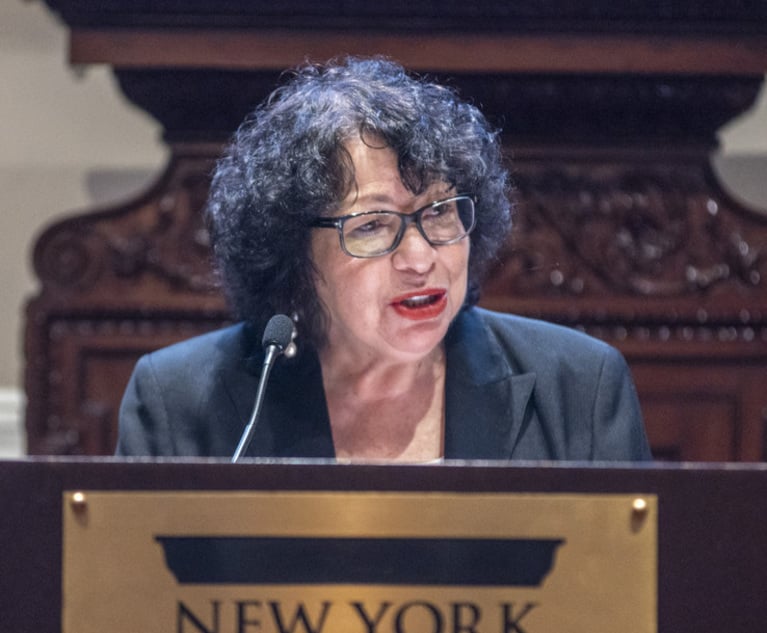Imagine being wrongly accused of a crime, arrested, jailed and waiting for your day in court nervously looking forward to your opportunity to demonstrate your innocence. Or, imagine being a parent or grandparent kept from your child or grandchild for weeks or months and waiting for the chance to explain to a judge why you should be reunited with your loved one. Or, imagine having escaped from an abusive relationship and looking for a court to provide an order of protection keeping the abuser at bay. These are just a few examples of people that come to our courts each day looking for protection, to be heard, for a remedy, for justice as they envision it.
A civil society cannot operate without a functioning court system delivering justice to resolve these and the other conflicts that arise on a regular basis. The pandemic presented us, not just with a myriad of questions regarding how we continue to provide meaningful access to justice during this turbulent time, but with an opportunity for reflection. The court system is rightfully seen as a traditional, deliberative, even plodding branch of government. Often the way forward is determined by looking at the way things have always been done. Now, although I do not believe COVID-19 has impacted the deliberative process, there is no dispute that it has dramatically altered the procedure by which matters are heard. On this issue, there is no useful precedent for our current factual circumstances.


 Gerald J. Whalen
Gerald J. Whalen




